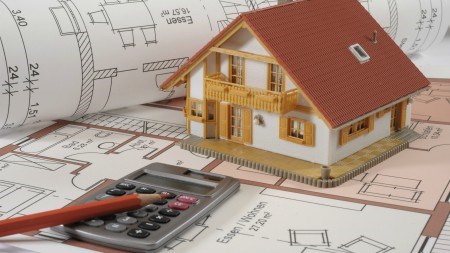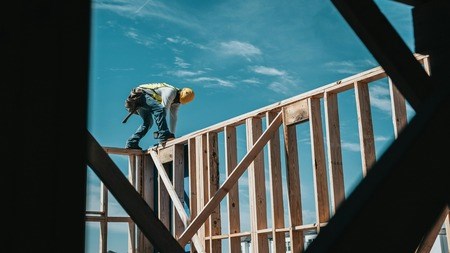Many first time buyers will be considering homes in developments and they need to ask the developers some probing questions before making a commitment.
According to the latest FNB Barometer South African housing market trends will remain heavily dependent on developments in the broader economy. The survey also showed that there are more first time buyers in the market now than in 2018, and it follows that many of them will be looking at buying homes in developments.
Off-plan bargains
You can find some really good deals when buying a home off plan in a future development. This is because most developers of new projects need to sell a large percentage of the proposed homes to qualify for development finance from the banks.
To achieve sufficient sales the initial launch prices are usually rock bottom in the first few months of sales, so buyers who get in early stand to get real value for their money.
Higher risk
Understandably, buying a home that hasn’t yet been built involves more risk than buying an existing home. At the time of the launch of a new development, no homes have yet been built – often not even a show house – and many sales agents work out of container offices on site. Buyers – particularly first timers – often have difficulty visualising what the final product will look like. Marketing brochures and architects’ impressions can be misleading, and can easily give a false impression of the quality of the homes to be built in a new development, as well as planned amenities, landscaping and, perhaps most important, financial viability.
Questions to ask
Developers that have produced successful projects over the years, with quality workmanship and attention to design details will probably continue to perform well. To safeguard your investment you need to check the track record, financial status and credibility of the developer and, if possible, visit previously completed projects.
Questions could include:
- Does the developer have recent financial statements?
- Has the developer ever been declared bankrupt?
- Did the developer meet promised delivery schedules and dates on previous developments?
- Did the developer deal quickly and efficiently with any post-sale snags?
- Have development rights already been granted for this development?
- Have the applicable approvals been obtained, such as zoning, sub-division, consolidation, environmental authorisation and water licences? It is not illegal to sell property subject to these and other approvals being obtained. However, getting these approvals takes a lot of time so if they are not in place, commencement of building and transfer of ownership are bound to be delayed. In some cases, objections from the public or interested parties can hold up developments for years, even when they are unfounded. And in the end, when rights finally are granted, the approval conditions and process could alter the development to the extent that it is no longer attractive to you.
- Have the major lending institutions granted pre-approval for end user finance for the new development? This will facilitate the bond application process, as banks will be more willing to advance finance to individuals buying homes in approved developments. Advantages could include lower interest rates and other benefits. For example, the banks’ evaluators will have a check list for each pre-approved development. This includes pre-valuations, checking land ownership and whether the developer is registered with the National Home Builders Registration Council (NHBRC), which is obligatory for all building contractors and developers. They will also check the status and reputation of the professional team working on the project.
Sale agreement
You need to examine the sales agreement carefully, if possible with the help of an attorney.
Check that:
- The documents are professionally laid out and that there are no spelling or grammatical errors and contradictions.
- The wording is clear and comprehensive, with full lists of specifications for all materials and fittings to be installed.
- The floor plans are properly drawn, indicating the orientation of the home on the site as well as positioning of parking bays or garages. Also check the number of cupboards and whether balconies or patios are included in the floor plan.
Once all the boxes have been ticked, you can happily anticipate getting the keys to your new home - with that new-carpet smell.





